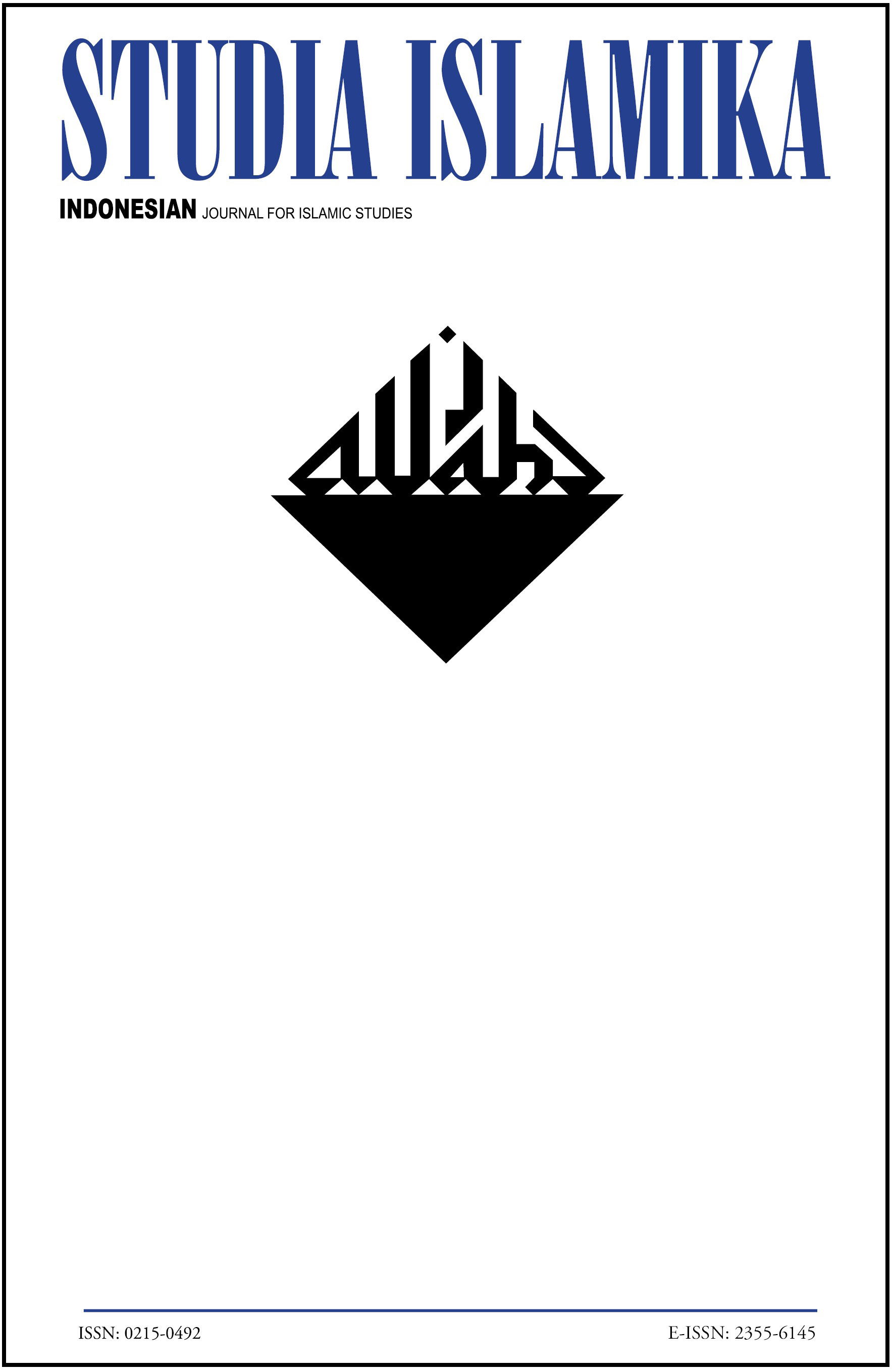Abstract
This article attempts to study a work of late nineteenth century Aceh, known as Mau‘iẓat al-Ikhwān. The main bulk of this inquiry revolves around the question of how far the text conveys the ‘historical knowledge’ of Aceh at the height of its war against the Dutch within the time of its composition (1886 AD). The work, which is a short treatise with only 14 pages in length, was written by Shaykh Muḥammad ‘Abbās al-Āshī, a prominent ‘ālim (religious scholar) and a war leader. Its composition was initially intended as an ‘exhortation’ (mau‘iẓat) for the Acehnese in their efforts at waging the holy war against the Dutch, and therefore it was addressed to them for contemporary use. Yet, as a product of the past the text also encompasses some factual data which can enrich our knowledge of the Acehnese past, especially that of the late nineteenth century. As such, the work plays its role beyond its initial intention as it also functions as a historical source. This study employs a ‘descriptive analytical’ method which will be supported by the mode of Culler’s ‘hermeneutics of recovery’.Authors who publish with this journal agree to the following terms:
- Authors retain copyright and grant the journal right of first publication with the work simultaneously licensed under a Creative Commons Attribution License that allows others to share the work with an acknowledgement of the work's authorship and initial publication in this journal.
- Authors are able to enter into separate, additional contractual arrangements for the non-exclusive distribution of the journal's published version of the work (e.g., post it to an institutional repository or publish it in a book), with an acknowledgement of its initial publication in this journal.
- Authors are permitted and encouraged to post their work online (e.g., in institutional repositories or on their website) prior to and during the submission process, as it can lead to productive exchanges, as well as earlier and greater citation of published work.
Downloads
Download data is not yet available.

